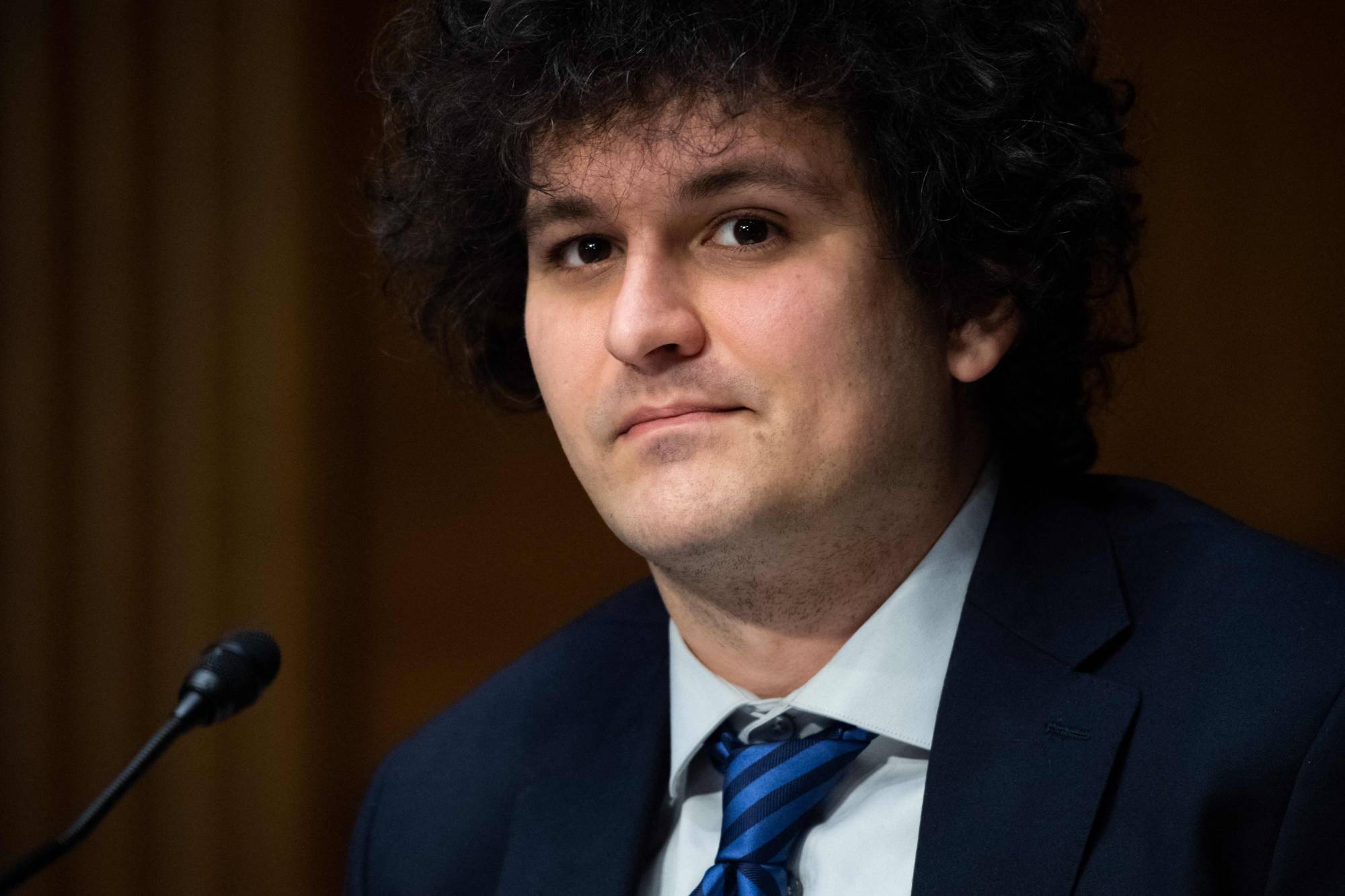"No one saw this coming" has been a common refrain in the financial world since the swift disintegration of Sam Bankman-Fried's cryptocurrency empire. Nowhere is that sentiment more plain to see than in the letters sent to U.S. regulators in support of FTX's application for a controversial plan that would have revolutionized trading of derivatives, a heavily regulated corner of Wall Street.
From Fidelity Investments to Fortress Investment Group, Susquehanna International Group and Virtu Financial, from faculty members at Georgetown, the University of Chicago, William & Mary and Stanford, from the Jones Day law firm and the Heritage Foundation think tank, hundreds of letters in support of FTX’s plan landed with the Commodity Futures Trading Commission (CFTC) earlier this year.
Collectively, the comments highlight how, even in some of the most sophisticated corridors of finance, Bankman-Fried's operation had been looked upon as an important source of innovation with the potential to helpfully disrupt not just the crypto industry but traditional markets as well. Instead, FTX’s collapse revealed a tangle of businesses rife with the potential for conflicts. Scant oversight jeopardized customers' funds, leaving a gaping balance-sheet hole that sent the firm into bankruptcy.


















With your current subscription plan you can comment on stories. However, before writing your first comment, please create a display name in the Profile section of your subscriber account page.